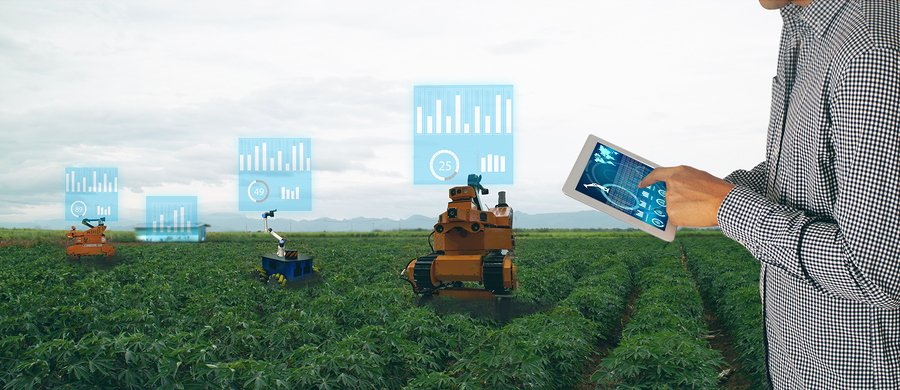Do you understand farmer style economic decisions?
Sometimes I get clients whose product has not been selling well, and they want to understand why that is. Good for them, I say. We can help you with that.
Other times I see articles bemoaning the fact that farmers have not adopted the latest in precision this or that, and big data is oh-so-awesome, and why aren’t those farmers just snapping this stuff up?
Economic Decisions, Farmer Style
Well, it’s because farmers are following the basic rules of economics, so clearly explained by Nobel Prize winner, Milton Friedman:
There are four ways in which you can spend money. You can spend your own money on yourself. When you do that, why then you really watch out what you’re doing, and you try to get the most for your money. Then you can spend your own money on somebody else. For example, I buy a birthday present for someone. Well, then I’m not so careful about the content of the present, but I’m very careful about the cost. Then, I can spend somebody else’s money on myself. And if I spend somebody else’s money on myself, then I’m sure going to have a good lunch! Finally, I can spend somebody else’s money on somebody else. And if I spend somebody else’s money on somebody else, I’m not concerned about how much it is, and I’m not concerned about what I get.
Milton Friedman
Farmers are spending their own money, not venture capitalists’ money, shareholders’ money, or taxpayers’ money, but their own. That makes them cautious about spending on new products that have unproven returns, or that might not exactly work in their circumstances, or that don’t have scientific research to back up their claims.
And it’s not just money where they look for the best value, but their time as well, maybe even more so than money.
That’s why farmers try something out on a small scale first, after they are convinced it might work on their farms. If it works or looks good, they try a little more, and then a little more. Adoption for products that work is fast, because they are making money, and that’s important – when they are spending their own.
But for products that require a huge investment up front both in money and time, farmers are cautious because they only have so much money and so much time.
I was recently interviewing a young farmer in France who mentioned that the machine he ordered was delivered six months late. “No big deal,” I joked, knowing it was a big deal. “Yes, but when it’s your money..,” he said, with a disappointed shrug in that elegant way the French have.
By clearly understanding farmers first, you understand what matters and what incentives are critical. What need does your product fill for the farmer? What’s in it for the farmer? What would make them spend their own money and time? As Dubner and Levitt so aptly put it in Freakonmics, “incentives matter.“
These are the questions we can help you answer. Give us a call.

